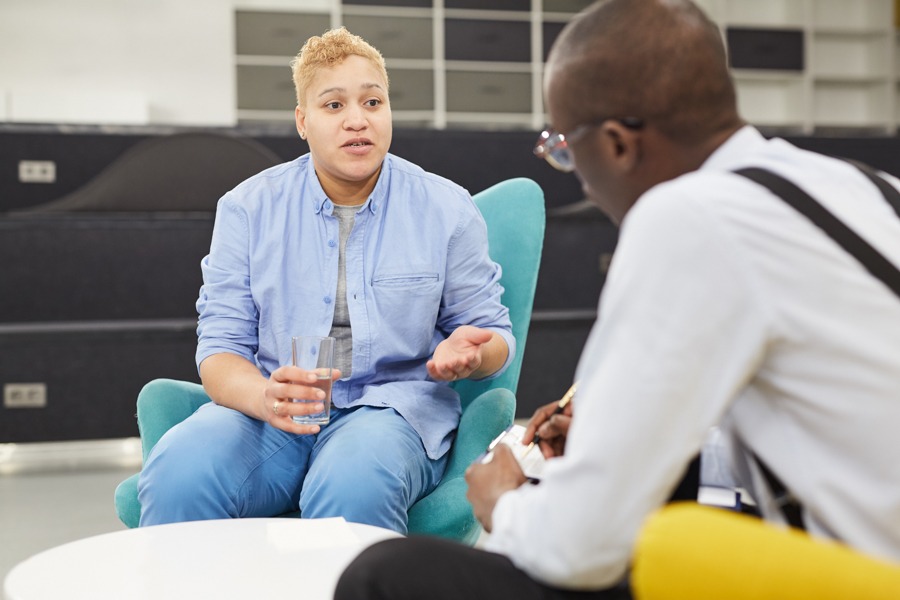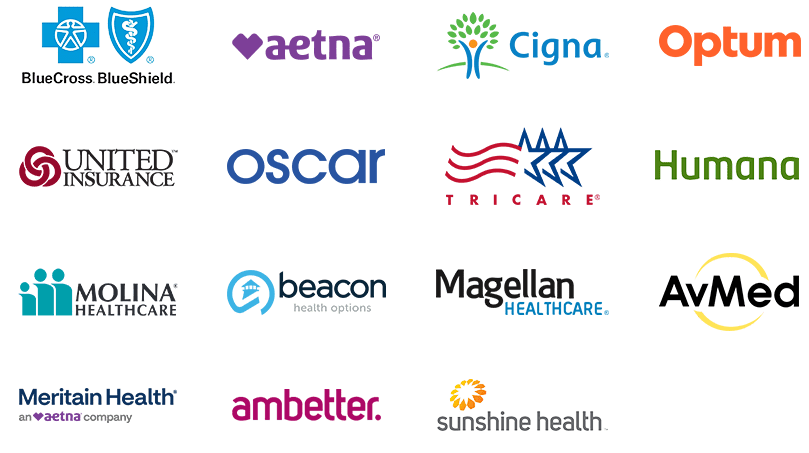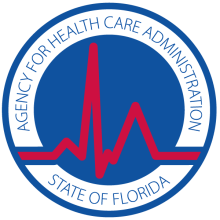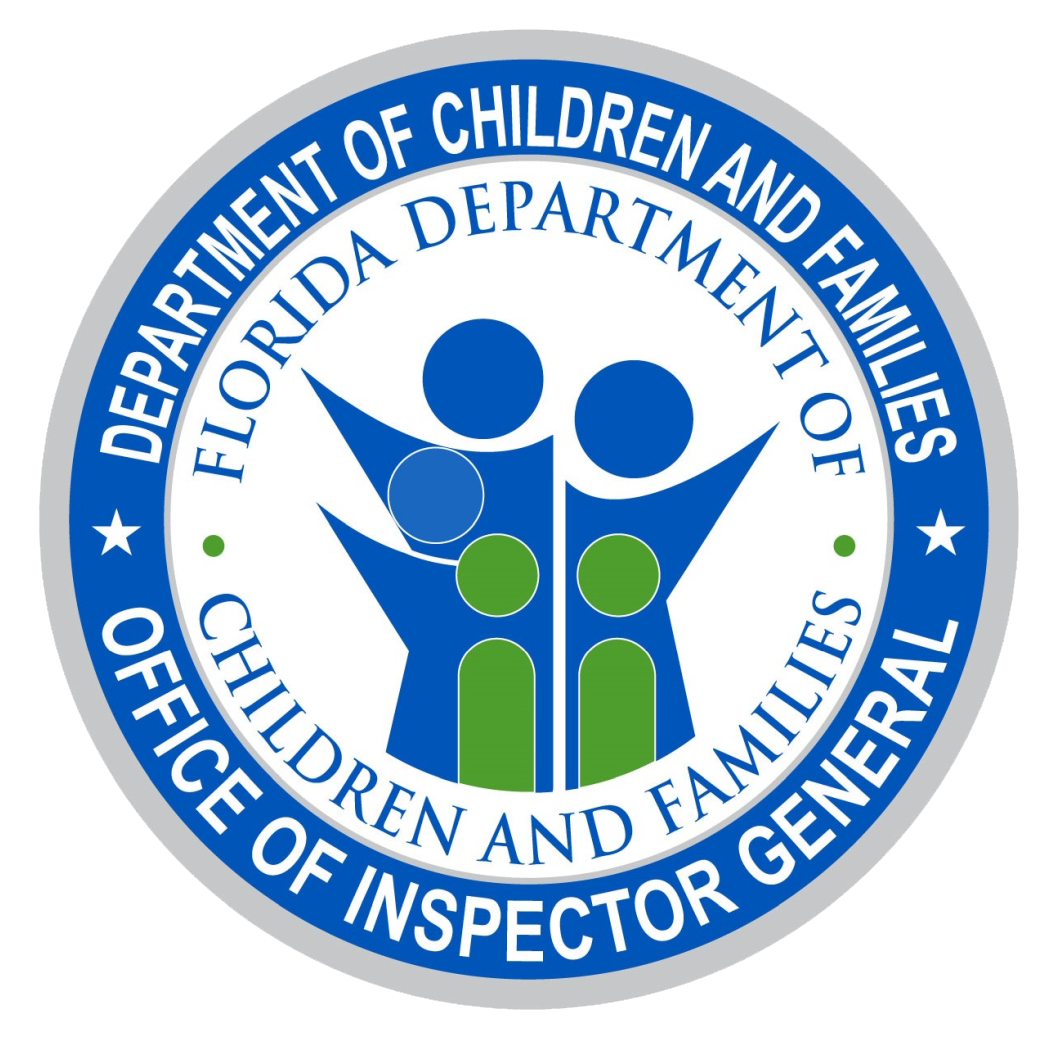Dialectical Behavior Therapy
for Addiction in South Florida
This therapeutic approach combines elements of cognitive-behavioral therapy, mindfulness techniques, and dialectics to address the complex challenges and underlying issues associated with addiction.
What is DBT?
DBT stands for Dialectical Behavior Therapy, which is a type of cognitive-behavioral therapy first developed by psychologist Marsha M. Linehan in the late 1980s. It was initially created to treat individuals with borderline personality disorder (BPD), who often struggle with intense emotions and difficulty regulating them.
However, DBT has since been found to be effective in treating other mental health disorders such as depression, anxiety, eating disorders, substance abuse, and post-traumatic stress disorder. DBT combines elements of both cognitive-behavioral therapy (CBT) and mindfulness practices to help individuals regulate their emotions, improve relationships, and develop more effective coping skills.
DBT for addiction typically involves individual therapy sessions with a trained therapist, as well as group skills training sessions such as in outpatient rehab programs. In these groups, individuals learn specific skills such as distress tolerance, emotion regulation, interpersonal effectiveness, and mindfulness.

DBT for Addiction
DBT for addiction is a specialized treatment approach that combines elements of cognitive-behavioral therapy (CBT) and dialectical behavior therapy (DBT). It was originally developed to treat individuals with borderline personality disorder who were also struggling with substance abuse. It has since been adapted for use in treating various types of addiction.
The main goal of DBT for addiction is to help individuals develop skills to regulate their emotions and behaviors to reduce harmful substance use. This includes learning how to cope with difficult emotions without turning to drugs or alcohol, as well as developing healthier ways of managing stress and regulating impulses.
DBT for addiction typically involves both individual and group therapy sessions, as well as skills training. Therapy sessions may focus on identifying triggers for substance use and developing strategies to manage cravings. Skills training may include mindfulness techniques, distress tolerance skills, and interpersonal effectiveness skills.
Request a Confidential
Callback 24/7
How Does DBT Work?
DBT for addiction helps individuals build a life worth living by learning skills that can help them cope with intense emotions, improve relationships, and manage difficult situations. DBT combines elements of cognitive-behavioral therapy (CBT) with mindfulness techniques to create a comprehensive treatment approach.
The first step in DBT for addiction is creating a strong therapeutic alliance between the therapist and the individual receiving treatment. The therapist provides validation and acceptance while also challenging unhelpful thoughts and behaviors. This creates an environment where the individual feels safe to explore their emotions without fear of judgment.
Next, individuals are taught four core modules: mindfulness skills, interpersonal effectiveness skills, emotion regulation skills, and distress tolerance skills. These skills are designed to help individuals learn how to manage their emotional responses and cope with challenging situations effectively.
A unique aspect of DBT is its focus on balancing opposing concepts, or “dialectics.” For example, one debate often explored in DBT is accepting oneself while also striving for change. Through this process of finding a balance between opposites, individuals can learn how to validate their own experiences while still working towards personal growth.
With consistent practice and guidance from a trained therapist, individuals can learn how to regulate their emotions and build a life worth living.
What Are the Goals of DBT?
The main goal of DBT for addiction is to help individuals build a life worth living. This involves learning skills to manage intense emotions, improve relationships, and cope with difficult situations. DBT is based on the concept of dialectics, which means finding a balance between two seemingly opposing ideas. In this case, the balance is between acceptance and change.
Here are some specific goals of DBT:
- Reduce self-destructive behaviors: Individuals with addiction or mental illness may engage in self-harm behaviors such as cutting or suicidal thoughts. DBT for addiction helps individuals learn healthier coping mechanisms to deal with intense emotions and reduce these harmful behaviors.
- Improve emotional regulation: People in addiction treatment may experience extreme emotions that are difficult to manage. Through DBT, individuals learn skills to regulate their emotions and tolerate distressing situations.
- Enhance interpersonal skills: Relationships can be challenging for people going through addiction treatment due to unstable moods and intense reactions. DBT teaches individuals how to communicate effectively, set boundaries, and maintain healthy relationships.
- Increase mindfulness: Mindfulness techniques are a key component of DBT. They help individuals become aware of their thoughts and feelings without judgment or reaction, which can ultimately lead to improved emotional control.
- Build self-respect and self-acceptance: Many people in addiction treatment struggle with low self-esteem and a negative self-image. DBT works towards building a sense of self-respect and acceptance through validating one’s experiences and choices.
These goals are achieved through individual therapy sessions as well as group skills training sessions that cover four main areas: mindfulness, distress tolerance, emotion regulation, and interpersonal effectiveness. DBT also emphasizes the importance of developing a support system for what comes after rehab.
Benefits of DBT
One of the main goals of DBT for addiction is to help individuals better manage their emotions. Through various skills and techniques, clients learn how to identify, understand, and regulate their emotions more productively.
People with BPD often engage in self-harming behaviors as a way to cope with intense emotions. DBT teaches alternative coping mechanisms and strategies to reduce self-harm behaviors.
Clients in DBT learn how to communicate effectively and develop healthy relationships by improving their interpersonal skills. This can lead to better relationships with family, friends, and coworkers.
DBT incorporates mindfulness practices such as meditation and breathing exercises to help individuals become more aware of their thoughts, feelings, and surroundings. This can improve overall well-being and decrease anxiety and stress.
Studies have shown that DBT is effective in reducing suicidal thoughts and behaviors in individuals with BPD and other mental health disorders.
DBT for addiction provides clients with practical tools they can use in their daily lives to cope with difficult situations or triggers that may arise.
DBT is a flexible treatment approach that can be adapted to meet each client’s individual needs. For example, our dual diagnosis program in south Florida incorporates DBT into our treatment.
Who is a Good Candidate for DBT?

Dialectical Behavior Therapy (DBT) is a therapeutic approach that is primarily used to treat individuals with borderline personality disorder (BPD). However, it has also been found to be effective in treating other mental health conditions such as depression, anxiety, substance abuse, and eating disorders. Therefore, anyone who struggles with managing intense emotions and impulsive behaviors may benefit from DBT.
Some common traits that make someone a good candidate for DBT include:
- History of self-harm or suicidal thoughts: People who have a history of self-harm or suicidal thoughts often have difficulty regulating their emotions and coping with distressing situations. DBT can help individuals learn healthy coping skills and reduce the risk of self-harm.
- Intense emotional reactivity: Individuals with BPD or other mental health conditions may experience intense emotional reactions to everyday situations. DBT can teach them how to identify their emotions, tolerate distress, and respond more mindfully.
- Impulsive behaviors: People who struggle with impulsivity may engage in destructive behaviors such as substance abuse, reckless driving, or risky sexual activities. DBT aims to increase self-awareness and impulse control to prevent these harmful behaviors.
- Difficulty maintaining relationships: Individuals with BPD often struggle with maintaining stable relationships due to their intense mood swings and fear of abandonment. DBT helps individuals develop healthy communication skills and improve interpersonal relationships.
- Chronic feelings of emptiness: Many people with BPD report feeling empty or numb inside, which can lead to impulsive behaviors as they try to fill that void. DBT helps individuals address this emptiness by building a sense of self-worth and creating a life worth living.
Anyone who wants to improve their emotional regulation skills and learn healthy ways of coping with distressing situations can benefit from DBT. Our inpatient rehab uses DBT to treat various mental health conditions, making it a suitable option for many individuals.
Insurance Can Help Cover
the Cost of Treatment at PRC.

WE’VE GOT
YOU COVERED!
Insurance coverage for treatment is within reach. We are in-network with most insurance carriers in Florida.
Addiction Therapy at Principles Recovery Center

At Principles Recovery Center, our team of experienced therapists utilizes addiction therapies such as cognitive-behavioral therapy (CBT), dialectical behavior therapy (DBT), and motivational interviewing to help clients understand their addiction and develop healthy coping mechanisms. These therapies have been proven to be successful in treating addiction by promoting self-awareness, identifying triggers, and developing relapse prevention strategies.
If you or a loved one is struggling with addiction, consider reaching out to Principles Recovery Center for professional and personalized treatment. Contact us to achieve long-term recovery through our specialized addiction therapy programs in south Florida.
CREDENTIAL HIGHLIGHTS






